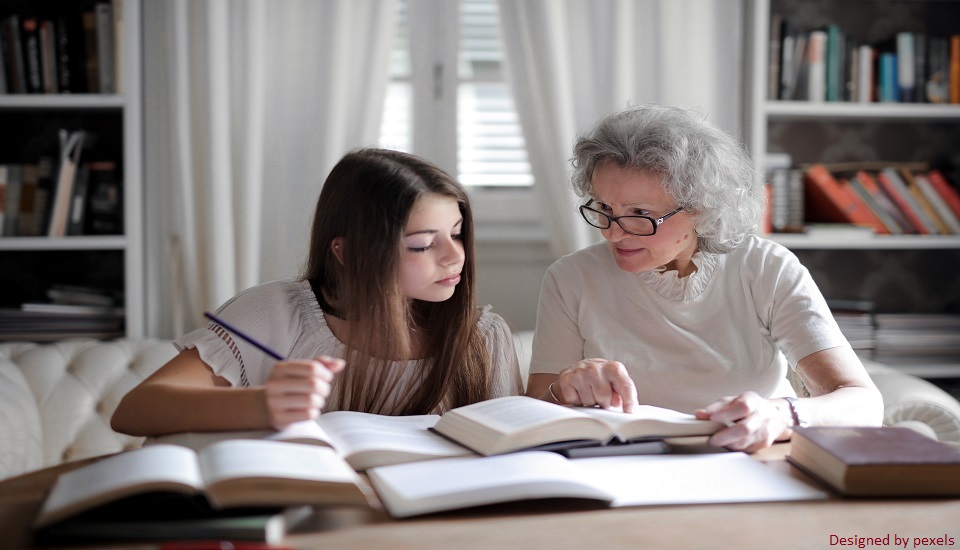A School Counsellors A-Z Guide To Teach Learners Coping Skills
4th September 2021
If you’re in search of ways to integrate coping skills into your learners’daily lives, as a counsellor who’ve taken school counselling courses, you’re in a good position to do so. With some simple yet effective strategies, you will be able to make an impact in your learners’ lives.
Self-adjustments and the ability to self-soothe are purposes that will serve the learners during some of their toughest moments of life. They may be unaware of it today or tomorrow, but they will thank you later forteaching them to keeptheir cool when things gotopsy-turvy.
What Are Coping Skills?
Coping skills are actually activities which are used to manage mental health when it’s met with levels of stress and anxiety.
Rather than feeling losing control over how we’re feeling during a high-stress situation, we can learn to take controlof the situation using coping skills.
Why is it necessary to teach coping skills to kids?
When young individuals are scared, stressed, nervous, or afraid, they find it hard to perform daily functions like studying, test-taking, and even listening to what is being delivered in the classroom.
Coping skills prove beneficial and come in handy during these situations as they aid kids in lessening the over whelm in times of high-stress, or any emotional moment.
As an alternative of letting their thoughts to run away with them, and reside on negativity, children can be taught to work their way through the uncomfortable emotions they are experiencing. This allows them to bounce back to the present moment and continue with their daily schedule.
How to Teach Coping Skills to Students
Well, the good news is that teaching coping skills to young learners, at an early stage, is easier than teaching an adult to cope with anxiety.
This is actually due to the ‘quick absorption’ like learning abilities which the developing minds are open to. In other words, the child’s mind is more than willing to soak up knowledge - knowledge that they will carry with them for the rest their life.
As a teacher adept at student counselling techniques, you can teach you learners the a-z of coping skills by providing them with a list of skills to refer to when they are feeling overwhelmed. Another probable option is to post a sign, with thoughts for calming down, in a ‘calm down corner’ can be an easy alternative to meet students where they are at.
It’s also crucial to note that each student will connect with a particular coping skill that works best for them, so never try to impose any activity on a learner.
A-Z List of Coping Skills
There are endless number of activities to teach coping skills your students. Here, we’ve tried putting together a list of tips regarding self-soothing activities to make things a little easier, and it’s alphabetized to make it readily available.
Ask your learners to:
- Accept – Indulge in self-acceptance and others, the way you are now. Love yourself.
- Breathe – Focused breathing exercises for your health help bounce back to the present moment.
- Chat – Conversing with others helps release anxiety.
- Dance – Wilful movement is good for your mind and body, so dance like nobody’s watching!
- Eat right – Indulge in good food and try new types of foods to keep life interesting.
- Forgive – Yourself and others. Let it go. Release the negative energy from your body.
- Ground yourself – Be where your feet are and think about what you see, smell, hear, taste, and feel right now without worrying about the past or future.
- Hug it out-Hugs have healing powers. Research shows hugs relieve you off negative emotions.
- Imagine – Use your imagination to visualize a positive consequence.
- Journal – Maintain a journal and pen down your thoughts and blessings.
- Kindness – Kindness feels good. Indulge in random acts of kindness.
- Laugh – Humour is a great tool for coping. Seek things that make you smile, laugh and jot those down for times when you need to smile.
- Make Something – Creating something new will provide you with a sense of accomplishment.
- Nature – Get out of that cosy corner. Get some Vitamin D from the sun, spend time with animals, take nature walks. Note your feelings.
- Organize – Organizing helps you feel better about your space. A clean space signifies an organized mind.
- Play Music – Listen to good music and find songs that remind you of good times.
- Quiet Time – Turn down the clatter around you, and in your head.
- Routines – Establish habits to relieve anxiety and you’ll always know what to expect.
- Smell – Light a candle, sniff flowers, or indulge in some lavender. Breathe in through your nose and out through your mouth.
- Tech Break – Put away those gadgets and techs, and notice things happening around you.
- Unwind – Find a cosy spot to clear your mind. Relax, breathe and repeat.
- Volunteer – Look for ways you can help others - it will help you too.
- Walk – Get moving. Notice sights and sounds. Let go of any worries.
- X-ray thoughts – Filter out negative thoughts from your mind.
- Zzz – Take a good nap and get enough sleep for optimum health.
The list is actually endless. And individual learners will respond in different ways to each activity. The key is to teach your learners to choose the skill/s that is apt and works in their best interest so that they can refer back to it whenever they find themselves feeling out of control.
Written By : Ipsita Roy